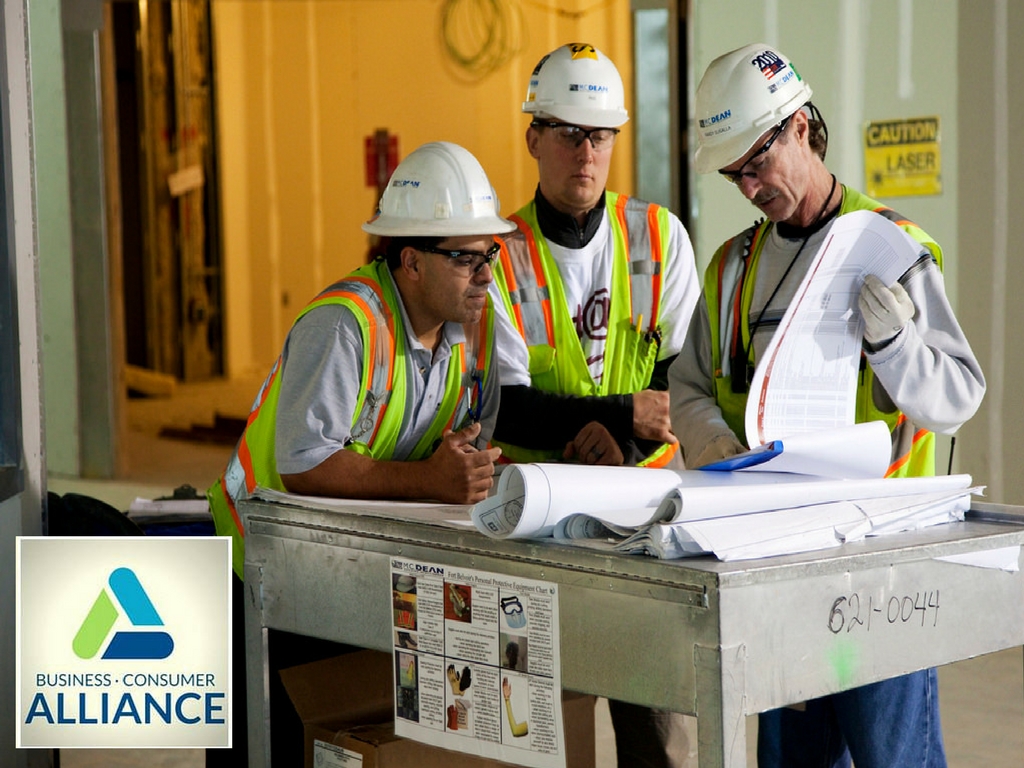
When you’re looking to complete a home improvement job, it may be necessary to hire a subcontractor for specialized tasks. A skilled and qualified subcontractor can bring their know-how and help get the project done right. Here are a few things to help you choose a reputable subcontractor:
-
Reputation Check. Hiring someone that is reliable and competent requires you to do some homework. Check out their history to evaluate their experience. Ask for samples of their work and check that it matches your standards. Ask for references of other contractors and customers they have worked with. You may want to think twice if they are reluctant to provide references. Ask the references if the individual/company met their expectations or if any problems or concerns occurred. Look for reviews and complaints regarding their work to see if they are the right choice for you. Also, speak with their employees to see how they are treated. Check that the business has workers’ compensation insurance as well.
-
Licensed and Insured. Make sure the individual or business has the proper licensing to complete any work you require them to do. If you are unsure, check with the regulatory agency in your state to ensure they are complying with the law. Also, verify that the potential subcontractor is insured and bonded. Take it a step further and make certain that the amount of liability that they have in place matches yours. For example, if you carry a $1,000,000 limit, your subcontractor should also carry that amount. If you hire someone that is not bonded or insured and personal injury or property damage occurs, you may be liable for coverage.
-
Put it in Writing. Once upon a time, a verbal agreement and a handshake were all it took to get the ball in motion. But with so many liabilities and variables, it is important to have a written agreement signed and in place before the first nail is hammered. The agreement should cover what work is to be completed, a reasonable timeframe to complete the job, expenses to complete the job, payment procedures, and under what circumstances the contract can be terminated. Adding a dispute clause just in case problems arise, such as settlement through mediation or arbitration, may also be a good idea.
-
Safety First. Go over safety requirements and procedures to make certain the subcontractor has a plan in place.
Once you have selected the right subcontractor, keep tabs that things are on track. Check in with them to make sure deadlines are met, materials and equipment needed to complete the job are available and working, and to see that the project is being completed to your standards. When the job is done, do a walk-through with the subcontractor to inspect the work they have done. Go over your checklist and if any repairs or modifications need to be made, the subcontractor should have the items signed off as they are completed.
Keeping these basic things in mind when hiring a subcontractor may very well save you money and unnecessary headaches.
About Business Consumer Alliance
Business Consumer Alliance (BCA) is a non-profit company that started in 1928. The broad purpose of BCA is to promote business self-regulation. BCA's mission is achieved by assisting consumers in resolving complaints with businesses and using that complaint information, along with other relevant information such as customer reviews, to forecast business reliability. With community support, BCA can identify trustworthy and ethical businesses and warn the public to avoid unscrupulous businesses whose purpose is to defraud the marketplace. BCA also helps businesses promote themselves by providing services and tools to protect their business and reach out to their customers. BCA obtains its funding from member businesses who support the mission and purpose of the organization and who agree to abide by high standards of ethical business practices.